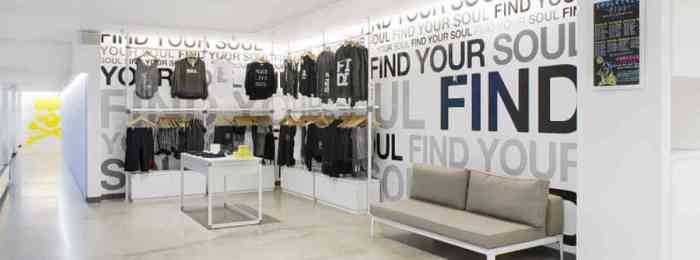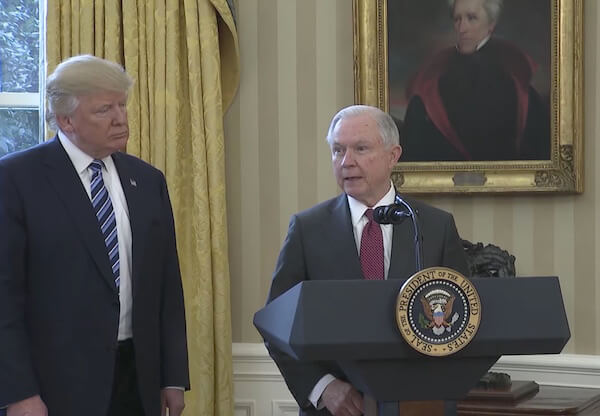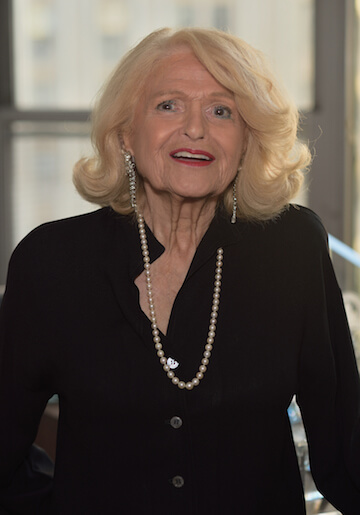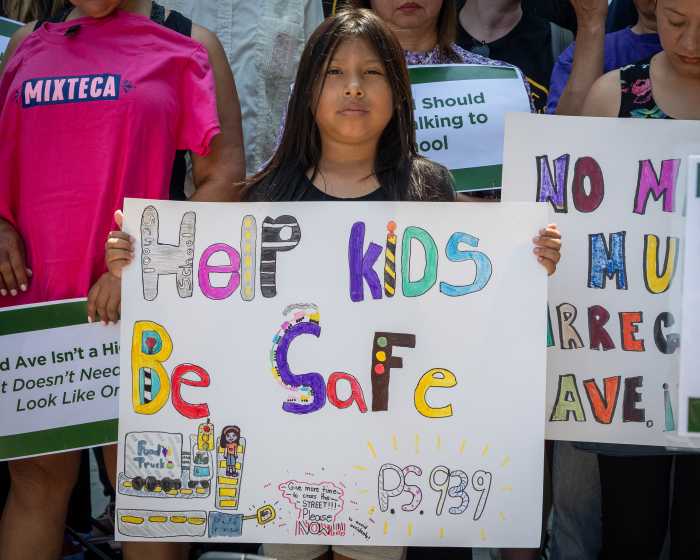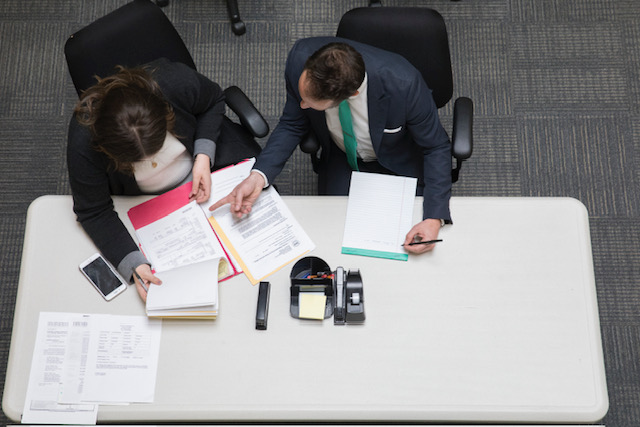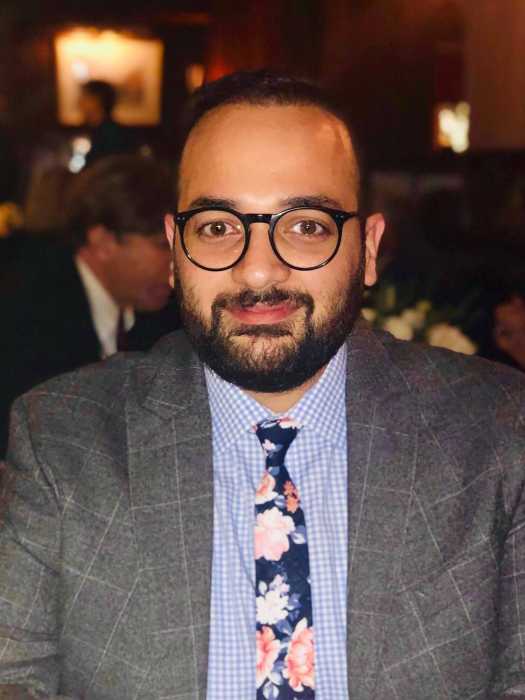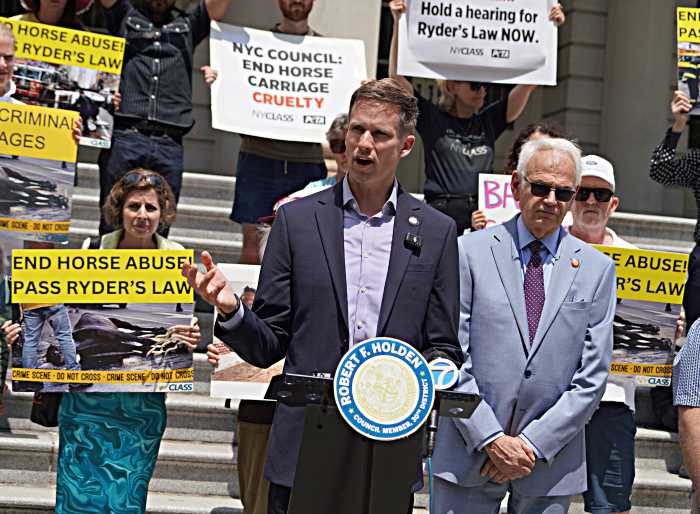Every now and then, I howl in grief at the demise of queer activism, the closing of queer bars and bookstores, the erasure of LGBT history, and the industrialization of our movement. Like others, I wonder if approaching legal equality and social acceptance spell the end of the LGBT community. Not that I want social change to stop, but there’s nothing like adversity to forge bonds and inspire everything from activists to artists to raucous sex.
If we endure, it’s because there’s more to our community than sexual and gender identity and a history of survival. In June, as the whole city starts shitting rainbows, we get a hint at how deep the connections go when people who spend the rest of the year comfortably or painfully isolated turn up at Pride parades waving the flag. I attend by habit, and am surprised at my relief, maybe even my joy, at seeing a gazillion other identifiable queers. The mix of races, ethnicities, class.
That’s community at its most basic, most mysterious. That feeling of instant recognition, of kinship that strikes me whenever I end up at a gathering of LGBT people whether it’s in Louisville, Philly, DC, or Paris. It happens even when I glance across a subway car and see another dyke. With just a look, something powerful crosses the distance with mere eye contact — and it’s not about sex.
The only question is what shape our community will take in the future, and if we aspire to be alive and vibrant or only to satisfy a minor longing, like we have sometimes for chocolate ice cream.
The community won’t stay the same. Our LGBT lives are in flux. And my generation may well be the last in the United States to grapple with extreme, state-sponsored hate. In the ‘90s, whole anti-gay movements swept the country, often followed by violence. President Bill Clinton signed national legislation defining marriage as the legal union of a man and woman, burdening the subsequent generation with the fight for same-sex marriage.
On a personal level, coming out often had dire results, and even mixed responses meant we spent years avoiding the guilt-tripping and loathing of our genetic kin. A big part of our queer experience was creating alternative families. Finding new ways to celebrate Thanksgiving, creating our own bittersweet traditions, hosting a kind of Passover that celebrated our survival.
That’s less and less in question for young queers. Do we remind them what the fight cost us? If we don’t, what are we standing on? Culture and community both need roots to grow.
Nevertheless, Americans are not good with history. We resent its weight and believe that anybody who speaks of it is ready for the grave. The closer we get to legal equality, the more distance we put between ourselves and those drag queens, rent boys, and big ole dykes who launched our movement. We assert we are just like everybody else, are afraid to acknowledge our shared experience of being pointed east while everybody went west, even if orientation and identity must have some effect on how we perceive things, no matter that this difference is becoming a more neutral experience.
I look often to the black community to get a sense of our future. Parallels end abruptly when it comes to transmitting culture and history. Before Martin Luther King’s face started turning up on the TV in February, most black kids already knew there was a Civil Rights Movement. Maybe their parents or grandparents were involved in the struggle. Or at least told them stories of their own struggles with racism. Even in total silence, they could see things play out.
I didn’t even have a name for myself, but learned a little about a few famous dykes from my first girlfriends and went around for years with a postcard of Gertrude Stein. When I got to New York, I heard Dorothy Allison read at Judith’s Room. I got my real education as a young activist. If I heard about the Stonewall Riots, it was because I was involved in Lesbian Avengers and we planned demos and marches around the time of its anniversary.
Even now, we are still born among straights and the cisgender and come of age among people who know nothing of furtive encounters, coming out, the baths, the clubs, drag shows, the art scene, our long activist history, womyn’s music festivals, the phenomenon of lesbian potlucks.
The challenge is to be open to the future, but find some way to transmit the history that is taking us there in a new millennium with few bars or bookstores, clubs or activists. Without us, all our kids can do is go online where they’ll find things at random and have to build community from scratch every time.
Kelly Cogswell is the author of “Eating Fire: My Life as a Lesbian Avenger,” published by the University of Minnesota Press.


